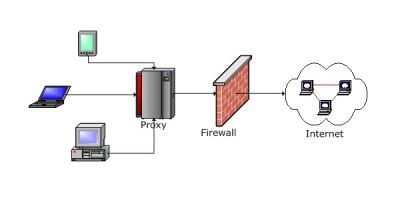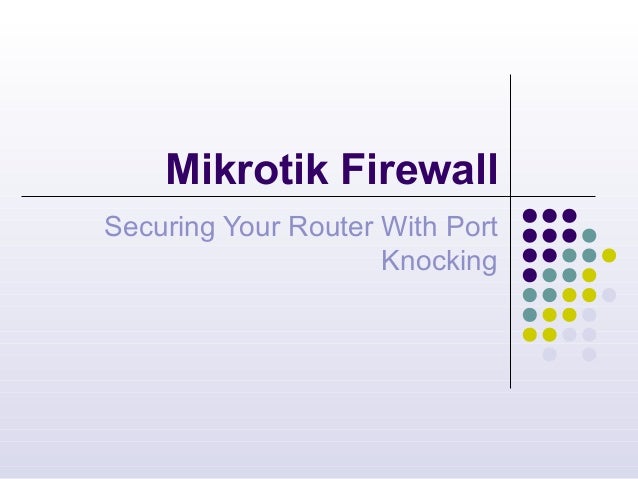Understanding VPN Encryption On MikroTik Devices
A VPN, or Virtual Private Network, is a tool that has become increasingly popular in recent years. Essentially, it creates an encrypted communication tunnel between your device and the internet. This has several benefits, which we will be discussing in greater detail below. However, before we dive into the benefits of VPNs, let's take a step back and explore how they work. When you connect to a VPN server, your device sends its internet traffic through an encrypted tunnel to the server. The server then sends the traffic on to its destination (such as a website or app), but because the traffic is encrypted, no one can intercept and decipher it along the way. This means that your online activity is more private and secure when using a VPN. Now that we have a basic understanding of how VPNs work, let's delve into some of the benefits they provide: 1. Privacy protection Perhaps the most commonly cited benefit of a VPN is its ability to protect your privacy and anonymity online. By encrypting your traffic and hiding your IP address (the identifier that can be used to link your online activity to your physical location), a VPN helps to prevent others from tracking your online activity. This has several practical benefits, such as: - Preventing advertisers from tracking your online behavior and serving you targeted ads - Protecting sensitive information (such as banking details or personal data) from being intercepted by hackers or other malicious actors - Bypassing internet censorship or geo-restrictions in countries where certain websites or apps are blocked 2. Increased security In addition to protecting your privacy, a VPN can also help to increase your online security. By creating an encrypted tunnel for your traffic, a VPN makes it much more difficult for hackers or other malicious actors to intercept your data. This is especially important when using public Wi-Fi networks (such as those in coffee shops, airports, or hotels), which are notoriously insecure. Without a VPN, anyone on the same network as you can potentially intercept and read your internet traffic. With a VPN, however, your traffic remains encrypted and private, even on public Wi-Fi. 3. Access to restricted content Another benefit of using a VPN is that it can give you access to restricted content. For example, if you live in a country where certain streaming services or websites are blocked, you can use a VPN to bypass these restrictions and access the content you want. Similarly, if you travel to a country where streaming services are unavailable or restricted, a VPN can help you access these services as if you were back home. This can be especially useful for expats or frequent travelers who want to continue watching their favorite shows or movies while abroad. 4. Improved performance One less commonly cited benefit of using a VPN is that it can actually improve your internet performance in some cases. This may seem counterintuitive, given that your traffic has to travel farther (to the VPN server) before reaching its destination. However, in some situations a VPN can actually help to speed up your internet connection. This is because a VPN can help to reduce network congestion and prevent your ISP (Internet Service Provider) from throttling your connection. Additionally, some VPN providers offer specialized servers that are optimized for certain activities (such as gaming or streaming), which can help to improve performance in those specific use cases. 5. Cost savings Finally, using a VPN can also result in cost savings in some cases. For example, by using a VPN to access geo-restricted content, you may be able to avoid paying for additional services (such as cable TV) or services that charge different prices based on your location. Similarly, some VPN providers offer specialized servers that can help you find cheaper flights or rental cars by spoofing your location. By appearing to be in a different country, you may be able to take advantage of lower prices or special deals that are not available in your home location. In conclusion, a VPN is a powerful tool that can provide numerous benefits to anyone who uses the internet. Whether you want to protect your privacy, increase your online security, access restricted content, improve performance, or save money, a VPN can help you achieve these goals. Of course, not all VPNs are created equal, and it's important to choose a provider that meets your specific needs. Factors to consider when choosing a VPN provider include things like server location, encryption strength, logging policies, and customer support. With the right VPN, you can enjoy all the benefits outlined above and more, and rest easy knowing that your online activity is secure and private. 



vpn encryption
vpn surfshark
vpn nachteile rdp vorteile lan entrepreneur businessman remotely eins kodiguide
encryption protocols




Post a Comment for "Understanding VPN Encryption On MikroTik Devices"